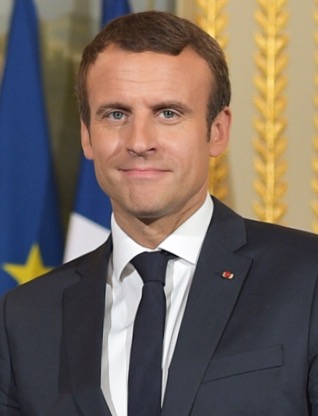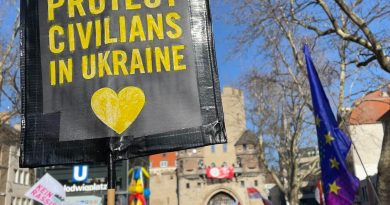Focus on Elections During Coronavirus: France
Mark Stachowski
Staff Writer
The coronavirus pandemic heavily influenced elections around the globe, resulting in the postponement of some elections and limited in-person voting for others due to social distancing and other health guidelines. It has even influenced voters to vote one way or another. This year, several countries held presidential, municipal, and other types of elections. France held municipal elections this year, where citizens voted for the mayors of their towns and cities. COVID-19 greatly impacted the voting process, causing delays, confusion, and more in an election that was anything but traditional.
The first round of municipal elections was held on March 15, just two days before President Emmanuel Macron ordered a nationwide lockdown. The pandemic had not fully hit France by election day, but health safety protocols were already put into effect. The Economist reports that polling stations were set up so polling officials and voters remained at least one meter apart from each other. Officials counted the votes wearing masks and gloves. The Economist, in another report, finds that despite steps taken to prevent any risk of the spread of coronavirus, the abstention rate increased from 36 percent in 2014 to 56 percent.
Bloomberg analyzed a survey conducted by the polling research company Institut Francais d’Opinion Public (IFOP) taken about a week before the first round of voting. The Institute asked voters for their thoughts about COVID-19 and how the virus impacts how they voted and what they voted for. Among those surveyed, 28 percent of respondents said they were likely to reconsider going out to vote because of the pandemic, which was then still in its early stages. According to the survey, young voters were found to be most worried about contracting the coronavirus. Francois Kraus, a representative of the IFOP, named social media and the internet as the reason behind the increased caution, citing that young people are more susceptible to see reports and rumors and believe them. The survey also found that the elderly were the least worried about the pandemic’s effect on voting, as they believe in public authority more and trust their handling of precautions and guidelines.
The Guardian reports that more than 60 percent of mayorships were decided in the first round. The second round was postponed until June by President Macron. In those cities and towns where a second round was held, it was found that only 40 percent of voters turned out to vote, as opposed to more than 50 percent in 2014. POLITICO finds that the first round of voting saw 45 percent turnout, as compared to nearly 64 percent in 2014.
POLITICO also outlined in detail the results of the elections. France’s Green Party scored big, taking some of France’s biggest cities such as Lyon and Marseille. Macron’s former interior minister held Lyon for years before the election. The Greens took huge strides with these wins, and they should propel the party into a bigger role in French politics. The Socialist Party retained Paris through Mayor Anne Hidalgo, garnering more than 48 percent of the vote – 15 more than the second-place candidate. The Macron-backed LREM candidate Agnes Buzyn underperformed in Paris, a city that Macron won in the 2017 presidential election. BBC reports that the LREM Party failed to secure any major city in a historic loss. If it makes up for anything, Macron’s former Prime Minister Edouard Philippe did win mayor in the port city of Le Havre. But perhaps the biggest takeaway from the election results is the Green Party’s great strides. One French newspaper stated France’s “whole political landscape has been turned upside down”, as the Green Party and Macron’s losses pose a threat to his centrist LREM Party.



